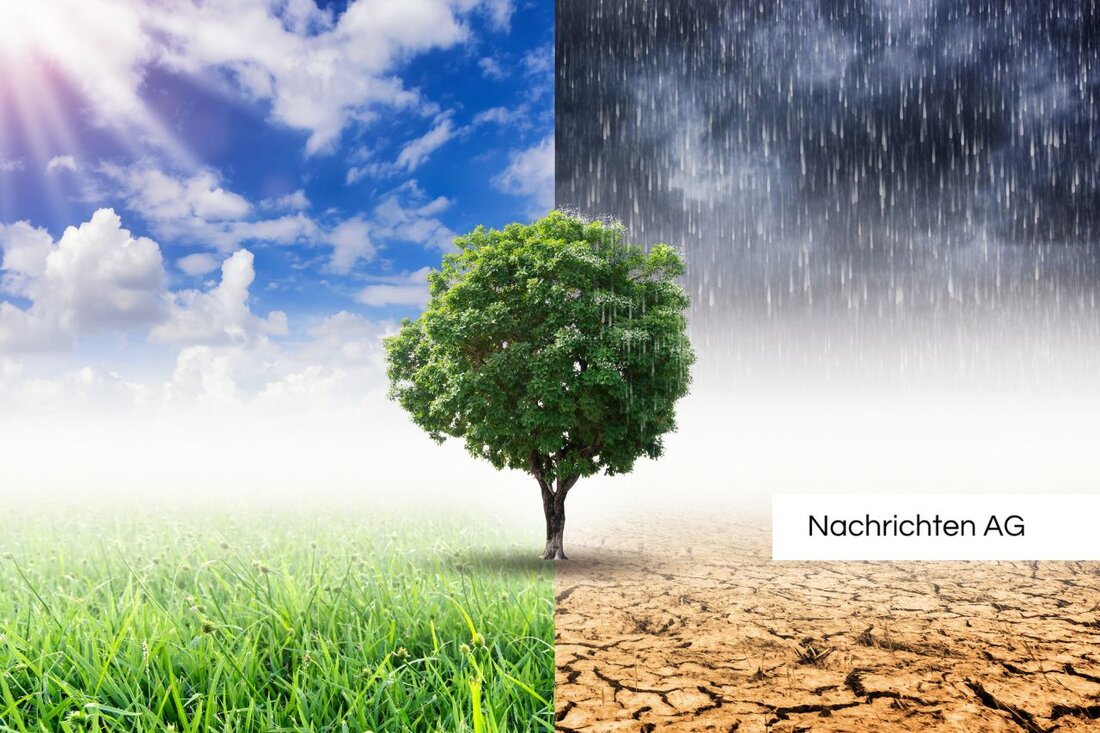Carbon storage Congo Basin: Global importance in climate protection!
The University of Bremen is researching the carbon cycle in the Congo Basin in order to improve climate protection strategies.

Carbon storage Congo Basin: Global importance in climate protection!
The Institute for Environmental Physics (IUP) at the University of Bremen plays a key role in a new project to research the carbon balance in the Central African Congo Basin. This water and forest area is considered one of the most important tropical rainforest areas in the world. The project aims to investigate in detail the influence of deforestation, reforestation and the preservation of intact forests on the carbon cycle. Professor Hartmut Bösch from the University of Bremen emphasizes the importance of precise data on carbon flows in order to develop effective climate protection measures. Loud uni-bremen.de Tropical rainforests play a central role as carbon sinks, although the exact carbon fluxes in the Congo Basin remain uncertain.
The philanthropic organization Schmidt Sciences has provided total funding of $45 million for the Virtual Institute for the Carbon Cycle (VICC). This program has created four international research teams, including Congo-Flex. The central mission of Congo-Flex is to deepen the understanding of the role of the Congo Basin in the global carbon cycle and to produce a data-driven estimate of the net carbon flux locally. Within this framework, the IUP is working on the construction of new measuring stations to record the atmospheric CO₂ concentration in the Congo Basin and to validate satellite measurements.
Research on tropical ecosystems
In addition to the IUP's activities, the “ORACLE” project is funded by the German Research Foundation (DFG). It is scheduled to run until 2024 and focuses on the Cuvette Centrale Congolaise, one of the largest river basins in the world. This region is unique because its swamp forests act as a vast underground carbon reservoir. The research aims to further investigate the development and vulnerability of these peatlands to climate and land use changes, corrected gepris.dfg.de.
A key result of this research could shed light on the influence of droughts and changing rainfall seasonality on carbon storage in peatlands. Carbon storage in these ecosystems depends heavily on high groundwater levels, which are maintained by the high rainfall in tropical regions. Any disruption, whether through logging, agriculture or hydrocarbon mining, risks causing massive CO2 emissions.
The importance of tropical rainforests
Tropical rainforests are indispensable carbon stores, which according to... regenwald.online can store around 200 to 300 tonnes of CO₂ equivalent per hectare in their biomass. Another 100 tons are tied into the ground. The loss of these forests leads to enormous CO₂ releases, as 30% of global emissions come from land use changes, particularly deforestation. These processes are severely threatened by the conversion of virgin forests into agricultural land as well as by infrastructure developments and raw material extraction.
Given these challenges, protection and restoration strategies are essential. These include the establishment of protected areas, the implementation of agroforestry systems and initiatives such as REDD+ (Reducing Emissions from Deforestation and Forest Degradation) to financially support forest protection. These approaches aim to both protect the environment and create social and economic benefits.
The multidisciplinary research approaches and their results are crucial to improving the protection of ecosystems in the Congo Basin and other affected regions. Long-term CO₂ savings can be achieved through the combination of protection strategies, sustainable use and the involvement of local communities.

 Suche
Suche
 Mein Konto
Mein Konto